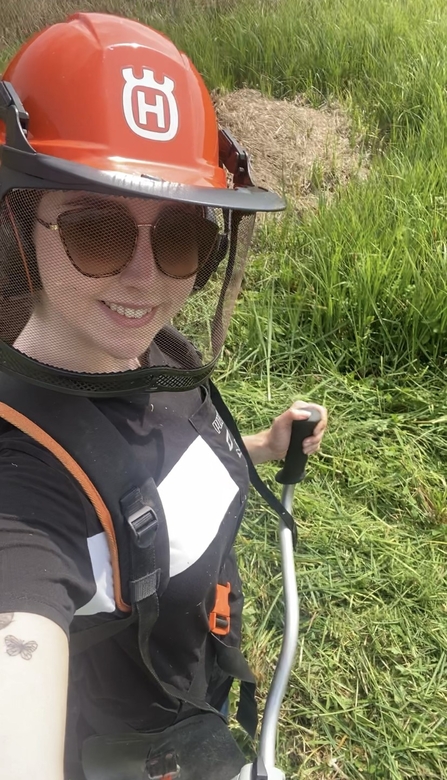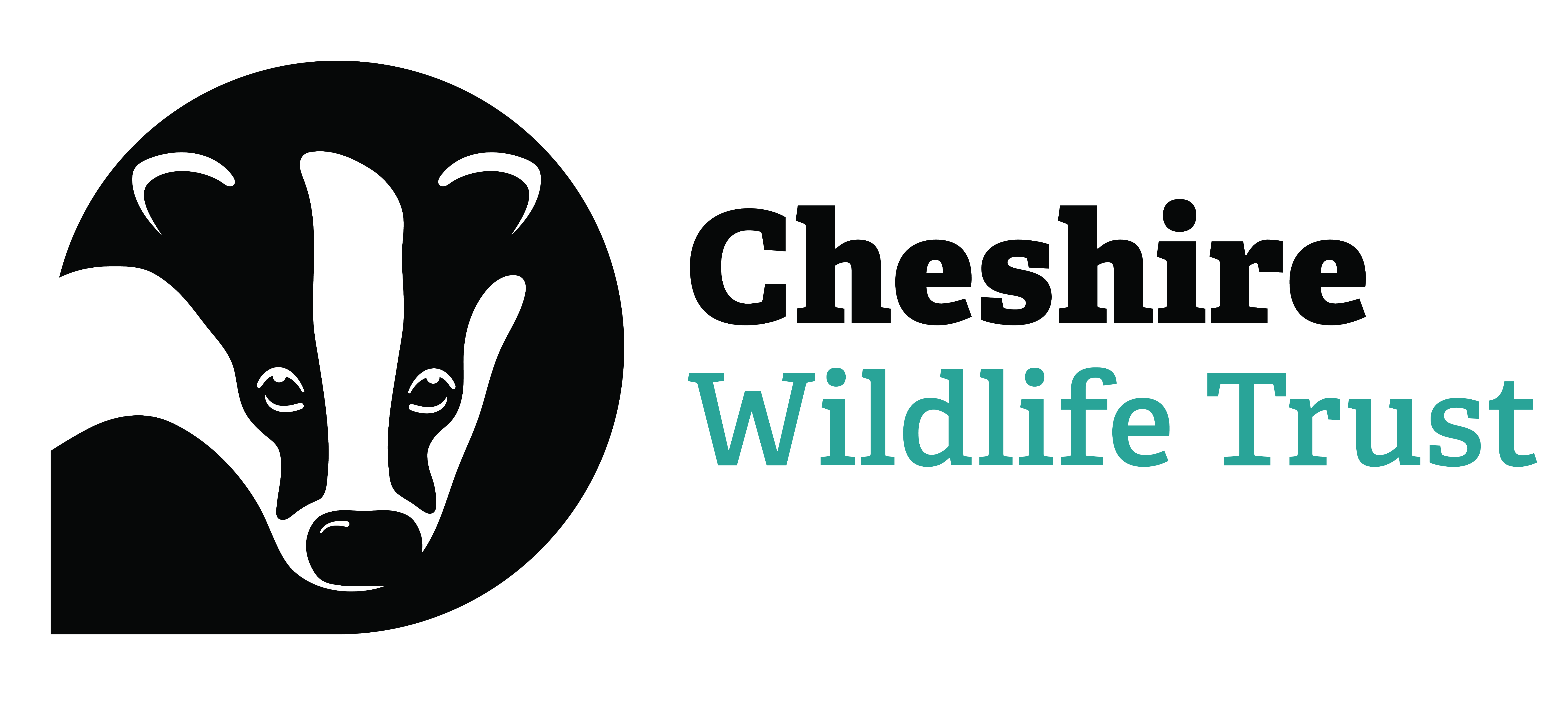
Hello everyone! My name is Emily, and I am thrilled to share with you a little bit about my role as a Nature Recovery Trainee at Cheshire Wildlife Trust. With a degree in conservation and a six-month internship with the RSPB under my belt, I embarked on this exciting journey to help restore the natural beauty of Cheshire.

